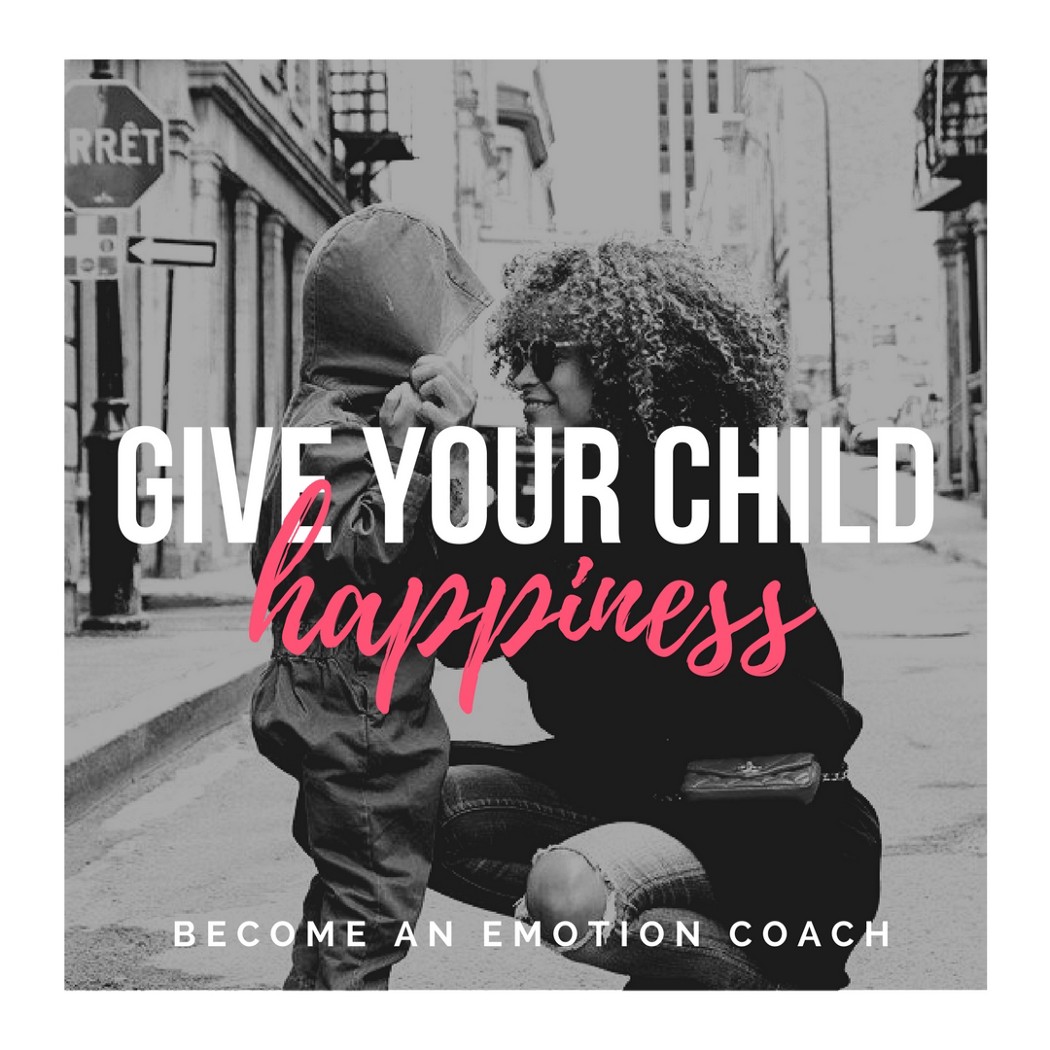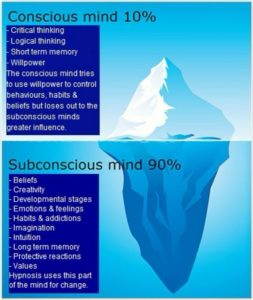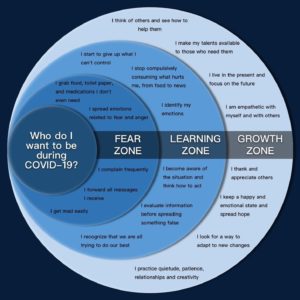Are you a confused parent? Are you always on the look-out for parenting tips that can help you understand your child and handle their emotional outbursts effectively?
You go through mixed emotions, from the time you realize that you are going to be a parent. You are particular about giving your best to the child even before the child comes into this world. The journey pre-delivery is as exciting as the post-delivery phase.
Well, it’s a fact that as parents, you need to give importance to your parenting style while you pay attention to the psychology behind parenting. It is indeed a vast subject with no formal education in the area. However, research has proved that it is an area that needs undivided attention as it involves shaping an individual, where, as a parent, you are responsible for the physical, emotional, and psychological well-being of the child.
Most of the parents get so busy fulfilling the physical needs of the child, that they have no time and energy left to fulfill the emotional and psychological needs of the child. For the holistic development of the child, all of these areas need to be given equal importance. Each child is unique, the ecology and culture that they are raised in are different, hence their needs are also different. There is no standard measurement as to what is the time or efforts that need to be invested in each of these areas. It is purely subjective. However, with some efforts as well as awareness by the parents, the child’s growth can be monitored by properly documenting the progress of the child in all the areas. Parenting is a scientific process.
What are our Goals for Our Children? What do we want for them?
- Obedience and compliance not enough
- We want our children to grow up to be moral and responsible people who contribute to society
- We want young people to possess the strength to make their own choices in life and to enjoy the accomplishments of their own talents
- We want to see our children enjoy their lives and the pleasures it has to offer
- We want young people to have good relationships with friends and successful marriages
- We want our children to someday make good parents
How emotional intelligence develops?
- Influenced by environment and socialization including parents, sibling relationships, teacher influences, peer relationships, and others such as grandparents, carers, and childcare workers.
- Some children are born with more difficult reactive emotional styles.
- These children may need more input from parents/carers to teach them to regulate and manage emotional styles.
What is Emotion Coaching and Why is it Important for Families?
- John Gottman has written a book on Emotion Coaching (EC) entitled “Raising an Emotionally Intelligent Child”. EC is a technique that requires emotional awareness and a specific set of listening skills. You can get the book here – https://amzn.to/38X2lHj
- It develops “Emotional Intelligence” in young people; a term coined by Daniel Goleman, author of Emotional Intelligence. Click here to get this book – https://amzn.to/2UC4Ea4
- Multiple studies support the finding that one of the most significant predictors of a child’s “success” as an adult is their ability to get along with others; more salient than academic achievements/cognitive ability.
- Children who are emotion coached, learn to trust their feelings, regulate their own emotions, and solve problems.
- These young people are characterized by having high self -esteem, they learn well, and have better relationships because they are adept at reading and understanding interpersonal communication cues.
How does Emotion Coaching in Parenting work?
- Much like athletic coaches, emotion-coaching parents teach their children strategies for dealing with life’s ups and downs.
- They don’t object to their children’s display of anger, sadness, or fear
- Nor do they IGNORE them
- Instead, they accept negative emotions as a fact of life and use these emotional moments as opportunities for teaching their children important life lessons and building closer relationships with them.
Emotion Coaching involves…..
- Teaching them ‘in the moment’ about the world of emotion
- Supporting the development of strategies to deal with ups and downs
- Accepting ALL emotions as NORMAL
- Using moments of negative behaviour as opportunities for teaching
- Building trusting and respectful relationship with CYP (Children and Young People)
5 steps to Emotion Coaching
- Become aware of the child’s emotion and especially notice lower intensity emotions such as sadness, disappointment, or frustration.
- View these emotions as an opportunity for intimacy and teaching as you try not to be impatient with the expression of negative emotions.
- Communicate your understanding and acceptance of these emotions
- Help your child use words to describe what they feel.
- Help set limits or help problem solve. You may also communicate that all wishes and feelings are acceptable but some behaviors are not.
Why Emotion Coaching improves behaviour?
1. Emotion coaching is about responding to children when their feelings are still at a low level of intensity, which reduces the need for children to escalate their emotions and behavior and provides a more optimal time to teach children about emotions.
2. If children are emotion coached from an early age they become well-practiced at self-soothing. They are more likely to stay calm, even when they are experiencing strong emotions.
3. Emotion coaching does not involve disapproval of children’s emotions so there are fewer points of conflict. At the same time, there are clear limits about inappropriate behavior – children know the rules and the consequences for breaking them.
4. Emotion coaching creates a strong bond between parents/carers/teachers and children, so children are more responsive to their requests and feel respected and valued.
Stories act as a catalyst to regulate emotions. Click here to know how stories influence behaviors.
Parenting Styles
- Represents standard strategies that parents use in bringing up their children
- Evolves over time as the children develop their own personalities moving through life’s stages;
- Is affected by both the parents’ and children’s temperaments;
- Is largely based on the influence of one’s own parents and culture.

As is clear from the above image, Authoritative Parenting is the most preferred style of parenting. As an authoritative parent :-
- You put a lot of effort into creating and maintaining a positive relationship with your child.
- You explain the reasons behind your rules.
- You enforce rules and give consequences, but take your child’s feelings into consideration.
Children raised with authoritative discipline tend to be happy and successful. They’re also more likely to be good at making decisions and evaluating safety risks on their own.
Something to remember:
Avoid asking the child why they feel how they feel. It is a fairly common response but is not helpful in this situation. Usually, the child is unaware of why they’re feeling how they are, and even if they know why, they’re unlikely to have the emotional literacy skills to convert their feelings into words.
Parenting Process
Important points in the process of parenting :-
- Inner growth – changing in the way they think and feel: What they think about themselves, what they are capable of, and how they relate to other people, including you.
- Stages of Development – how to parent during infancy, the pre-school, pre-teen, or adolescent stages. Understanding each stage is a key skill in being a good parent and building self-confident, well-balanced children.
- Inculcate good eating habits in your children – With both parents busy with work, it is a task to inculcate the right eating habits in your kids. However, it is crucial for their physical as well as mental growth. Read this article to know the Do’s and Don’ts for the right food habits in children.
- Every child is unique – they grow at their own pace and speed, so avoid comparison.
- Grow together – Grow, develop, and discover together.
Enjoy the process of parenting your child. It is a process of development for ‘YOU’, as much as it is for your child. To learn the art of Emotion Coaching your child, write to info@chitrapillai.com






Much need emotional guide for all parents….very well explained.